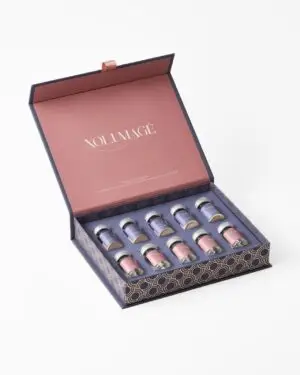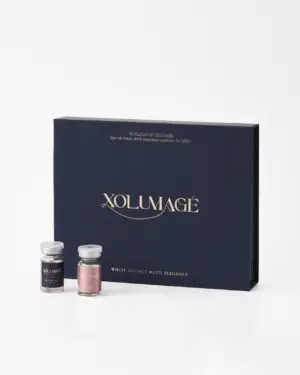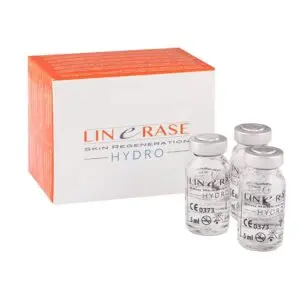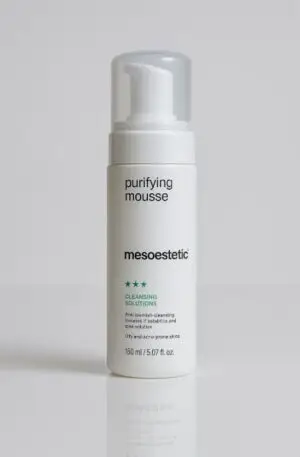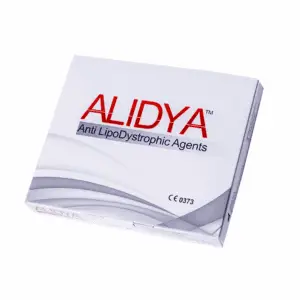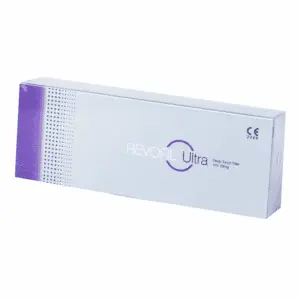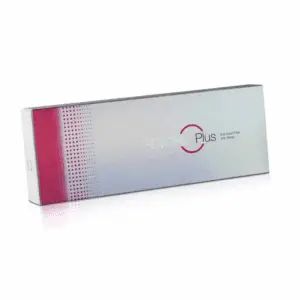Exosomes, once merely considered cellular waste, have emerged as a revolutionary component in the field of aesthetics. These tiny extracellular vesicles, ranging between 30-150 nanometers, are secreted by various cell types and play a crucial role in cell-to-cell communication. They carry a myriad of bioactive molecules, including proteins, lipids, and RNA, making them instrumental in transferring genetic material and influencing the behaviour of recipient cells.
In aesthetics, exosomes hold promise for their regenerative and anti-inflammatory properties. They have become increasingly popular in treatments aimed at skin rejuvenation, anti-aging, and hair growth. Unlike traditional methods that often involve the introduction of foreign substances into the body, exosome therapy leverages the body’s natural cellular communication system to stimulate repair and regeneration. This makes treatments not only more effective but also reduces the risk of adverse reactions.
One of the most notable applications of exosomes in aesthetics is in skin rejuvenation. Exosome-based treatments can enhance collagen production, improve skin texture, and reduce the appearance of wrinkles and fine lines. By promoting the healthy turnover of skin cells and enhancing the skin‘s natural healing processes, patients often experience a more youthful and radiant appearance post-treatment. These therapies can also address hyperpigmentation and scars, thanks to their ability to modulate melanin production and facilitate tissue repair.
Hair restoration is another area where exosome therapy has shown remarkable results. Traditional hair loss treatments offer limited efficacy and can come with significant side effects. Exosomes provide a novel approach by potentially reactivating dormant hair follicles and stimulating new hair growth. The regenerative properties of exosomes can improve the scalp’s microenvironment, leading to thicker and healthier hair over time.
As the understanding of exosomes grows, so does their potential in aesthetics. Current research is exploring the development of personalised exosome therapies tailored to an individual’s specific needs and biological makeup. This customisation could enhance the effectiveness of treatments and open up new possibilities in aesthetic medicine. Additionally, advances in biotechnology may allow for the creation of synthetic exosomes, which could offer even more control over the therapeutic outcomes.
In conclusion, exosomes represent a groundbreaking frontier in aesthetic medicine. Their unique ability to harness the body’s cellular communication network for regenerative purposes offers a natural, effective, and minimally invasive alternative to traditional treatments. As research continues to unlock the potential of these microscopic messengers, exosome-based therapies are poised to become a staple in the quest for beauty and rejuvenation.





